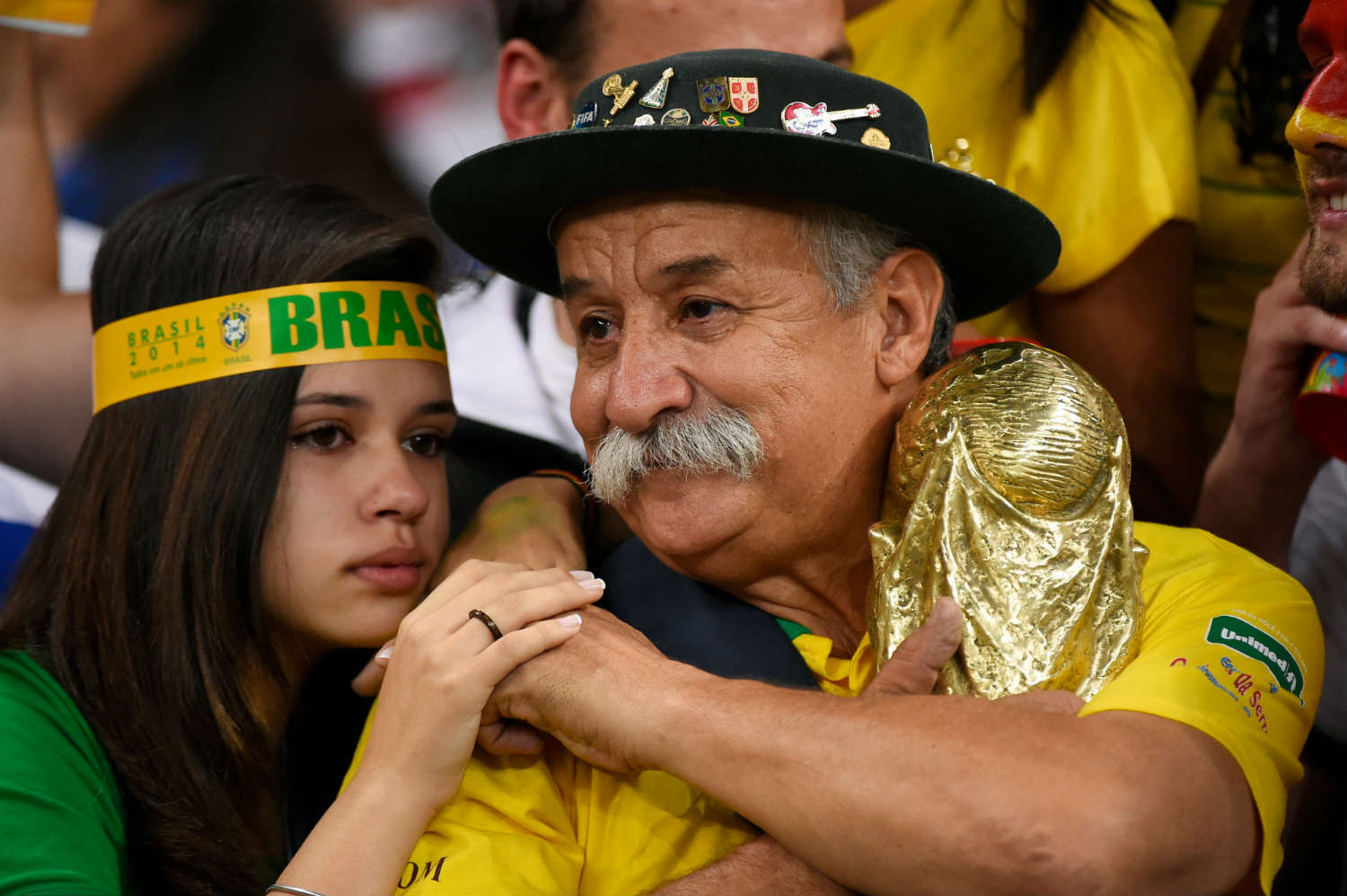
With sadness, self-reflection and gallows humor, Brazil was today coming to terms with its most humiliating sporting defeat, a 7-1 thrashing by Germany in the World Cup semi final.
“It was really bad. No one expected to lose by that much,” said Enio Monteiro, aged 55, who was having a sandwich at a bar in Rio de Janeiro the day after the game. “But it happened, and I’m not thinking about it any more. You’ve got to move on.”
As he spoke, a customer nearby was reading local daily O Globo, whose front page screamed: “Shame. Embarrassment. Humiliation.” And on the wall above, a TV screen was showing the lunchtime news. The two presenters were giggling as they read out the funniest social media posts from the game.
Brazil began the World Cup as overwhelming favourites to win the World Cup for a record sixth time, and for the first time as hosts. Yet this World Cup will now be remembered for the country’s historic hammering by the Germans: the first time Brazil have let in seven goals in an official game, the only time a team has conceded 5 goals in 29 minutes in all World Cups, and the worst defeat ever of a World Cup host.
“The dream of winning the sixth title at home has turned into a horrible nightmare,” wrote Globo columnist Renato Maurício Prado. “Who would have thought that in the Cup of Cups, Brazil would end up having the humiliation of humiliations?”
Brazilians were expecting the game against Germany to be difficult, especially since they were without their best player Neymar, out injured, and their captain Thiago Silva, missing a game for an accumulation of yellow cards. “But not even the most delirious pessimist would have predicted the result,” the Folha de S. Paulo said in an editorial.
Pundits here have been united in stating that in terms of national shame, Tuesday’s game now eclipses the conclusion of the 1950 World Cup. Brazil lost the title in a 2-1 defeat to Uruguay, which was watched by 200,000 people in Rio’s Maracanã stadium, still the largest audience ever present at a soccer game.
“The team who played on Tuesday in Belo Horizonte have rewritten our memories [of 1950] by taking part in the bleakest day in the national team’s glorious 100 year history,” wrote Antero Greco in the Estado de S. Paulo.
Since the 1930s soccer has been the greatest symbol of Brazilian identity and a good performance in World Cups is seen as crucial for the nation’s self esteem. Within minutes of the end of the game, President Dilma Rousseff—who is on the campaign trail for re-election later this year—spoke to the nation in four tweets: “Like all Brazilians, I am very, very sad by the defeat. I feel immensely sorry for all us. Fans and our players. But we wont let it break us. Brazil, ‘get up, shake off the dust and come out on top again’.”
The national team’s spectacular elimination comes in the closing stages of a tournament that had already created much anger in the Brazilian population for the amount of public money that it cost. A year ago two million people protested against the spending during the Confederations Cup, the World Cup warm-up event. “I think that the Brazilians have been at odds with the World Cup all along, and the defeat was a reflection of this to a certain extent,” said Norberto Schlanger, aged 49, a stationery distributor in Rio de Janeiro, who said he was cheering for Germany. “Not because my name is German but because I wanted the money to go to hospitals and schools.”
Fears that a defeat would lead to more protests or riots have so far proved unfounded, with only minor reports of scuffles in Rio and some buses were set alight in Curitiba and São Paulo on Tuesday night. In fact, Brazilians have been reacting with resignation and good humour to the result, possibly because it was so shocking. Even in the Mineirão stadium the Brazilian fans were shouting “olé” at the German team, a traditional chant you sing when your team is winning.
Many past Brazilian stars have been making their comments known via social media, TV interviews and newspaper columns. Tostão, who played alongside Pelé in the 1970 World Cup and is one of the most respected pundits, wrote in the Folha de S. Paulo: “It was a tragedy: sad, very sad, the biggest defeat in the history of the Brazilian national team. As a consolation, maybe it will serve to force big changes in Brazilian soccer, both on and off the pitch, from junior levels and up. There needs to be a change in the way of thinking, and to lessen the promiscuous exchanges of favors, a national disease, that riddles the country.”
For some, though, the only way to get over the pain of the defeat is to look to the future. Luciano Santos, aged 39, said: “It is sad, but everyone will have forgotten this game when the next World Cup starts in four years time.”
Brazil’s Having A Bad Day
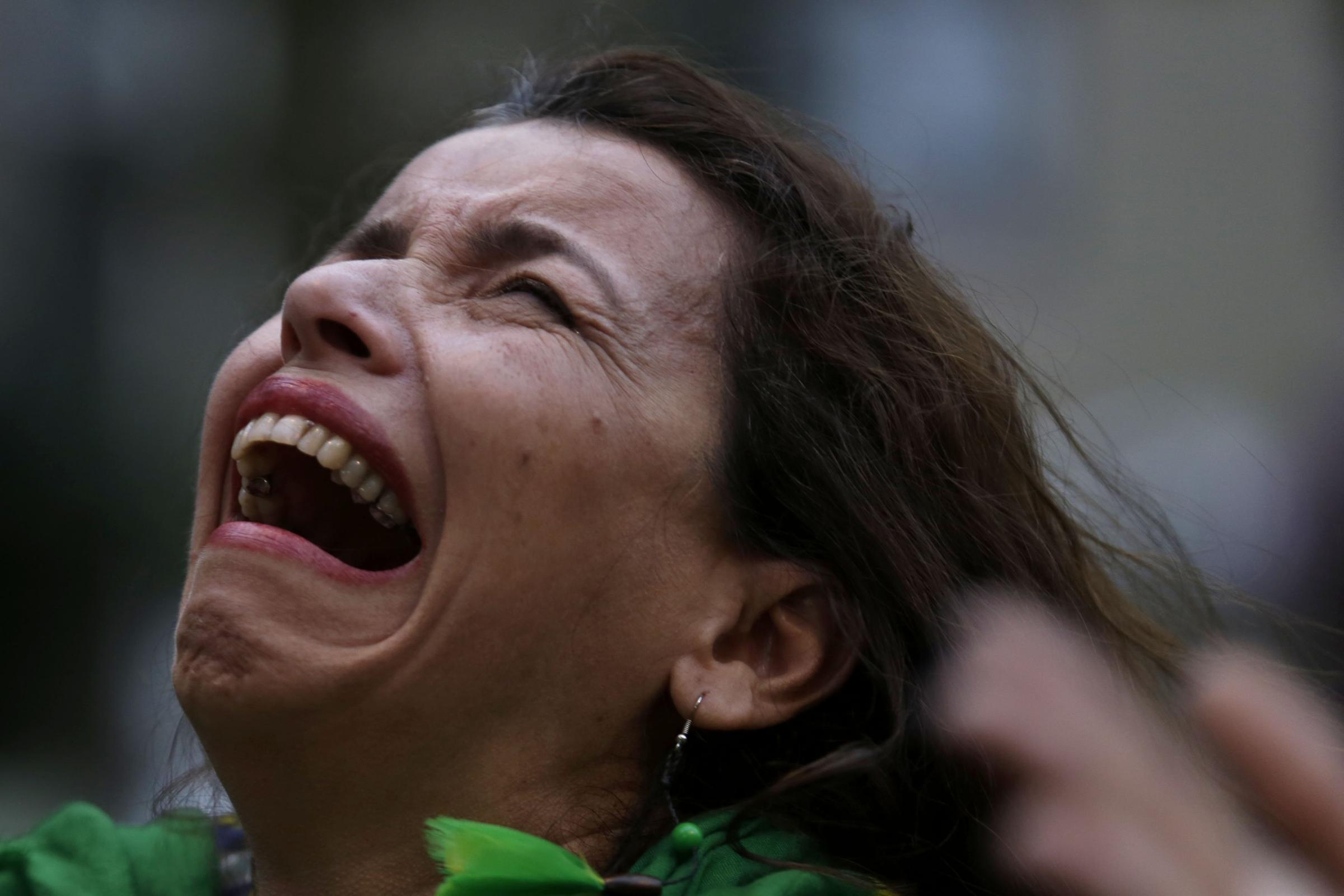
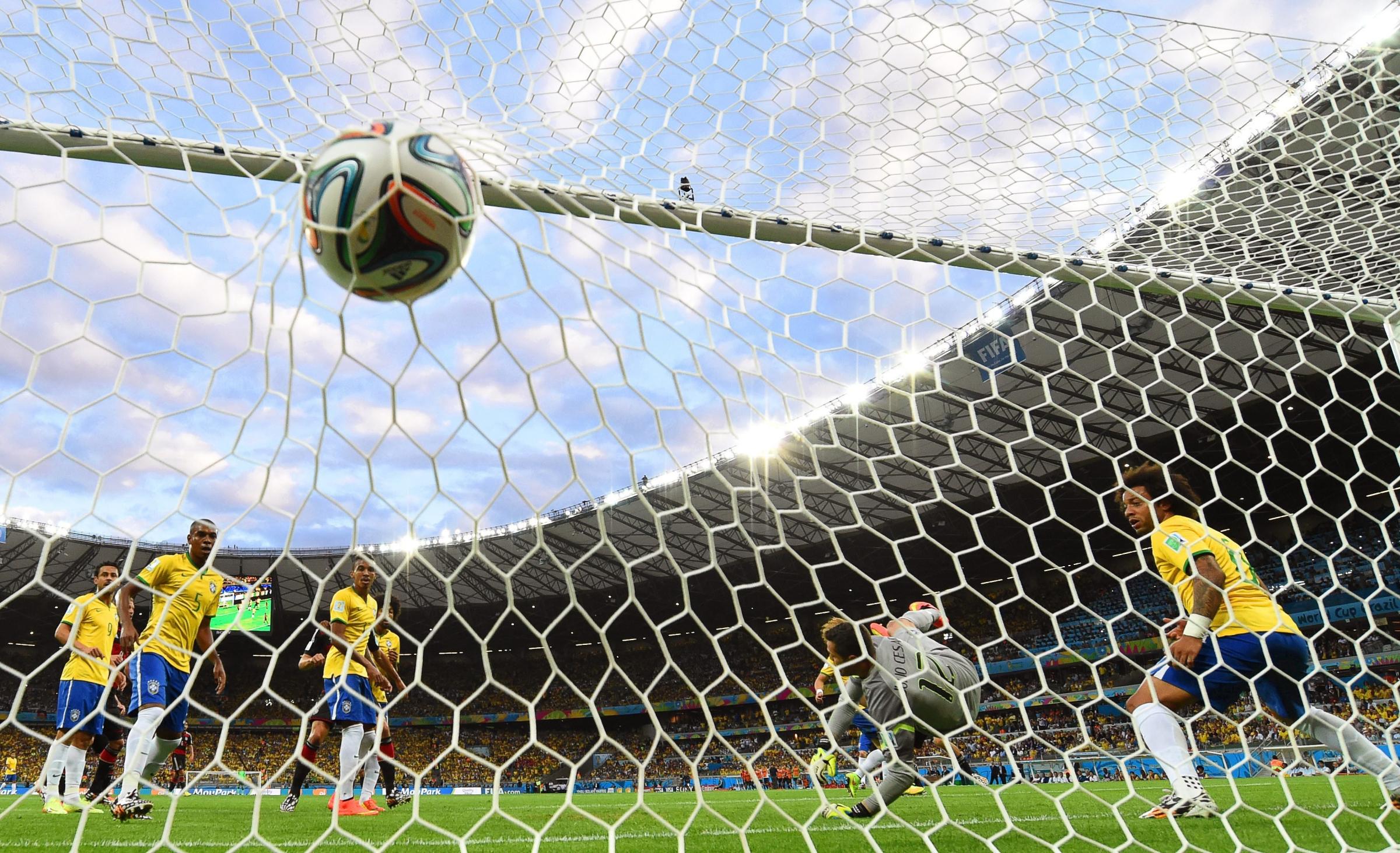
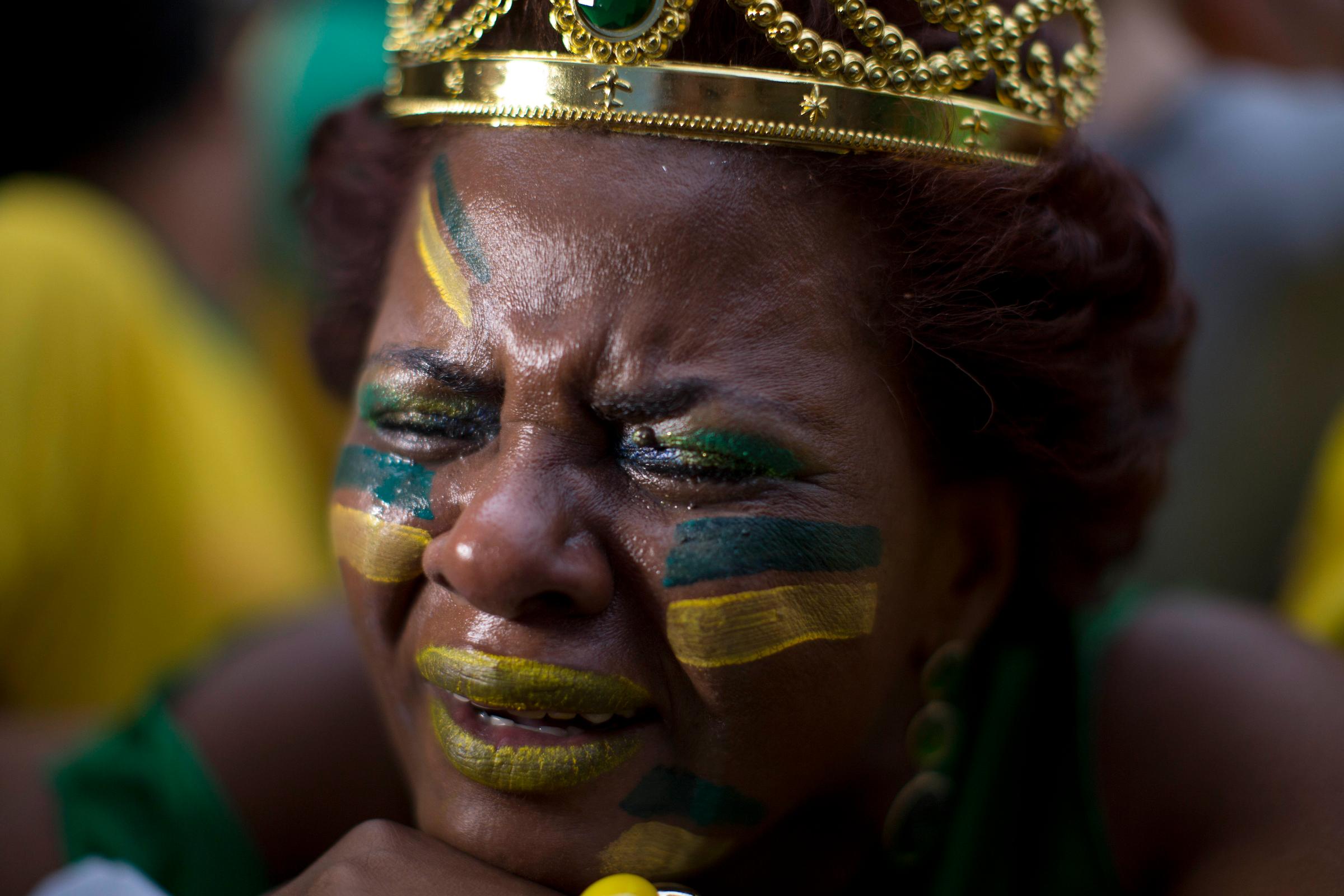
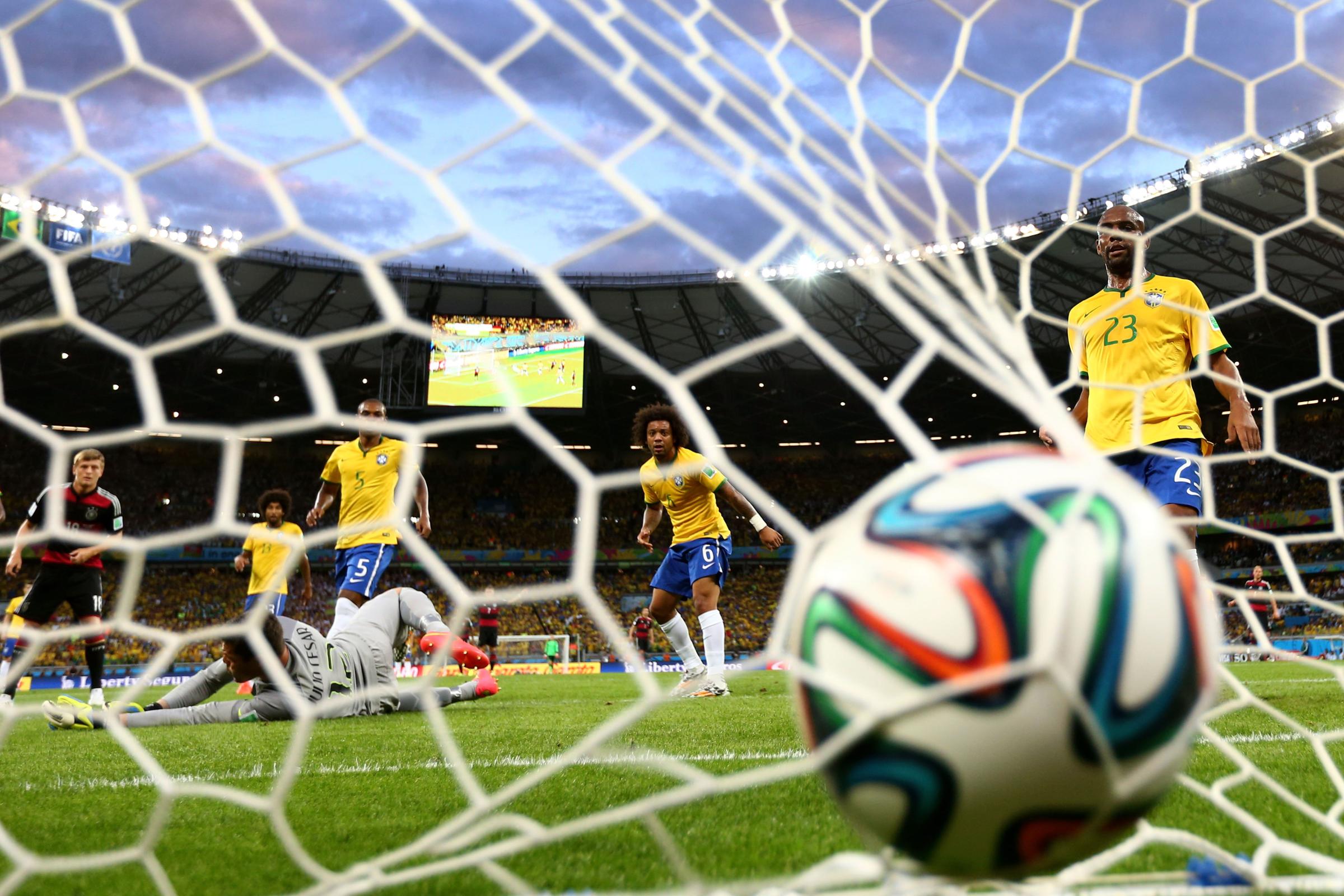
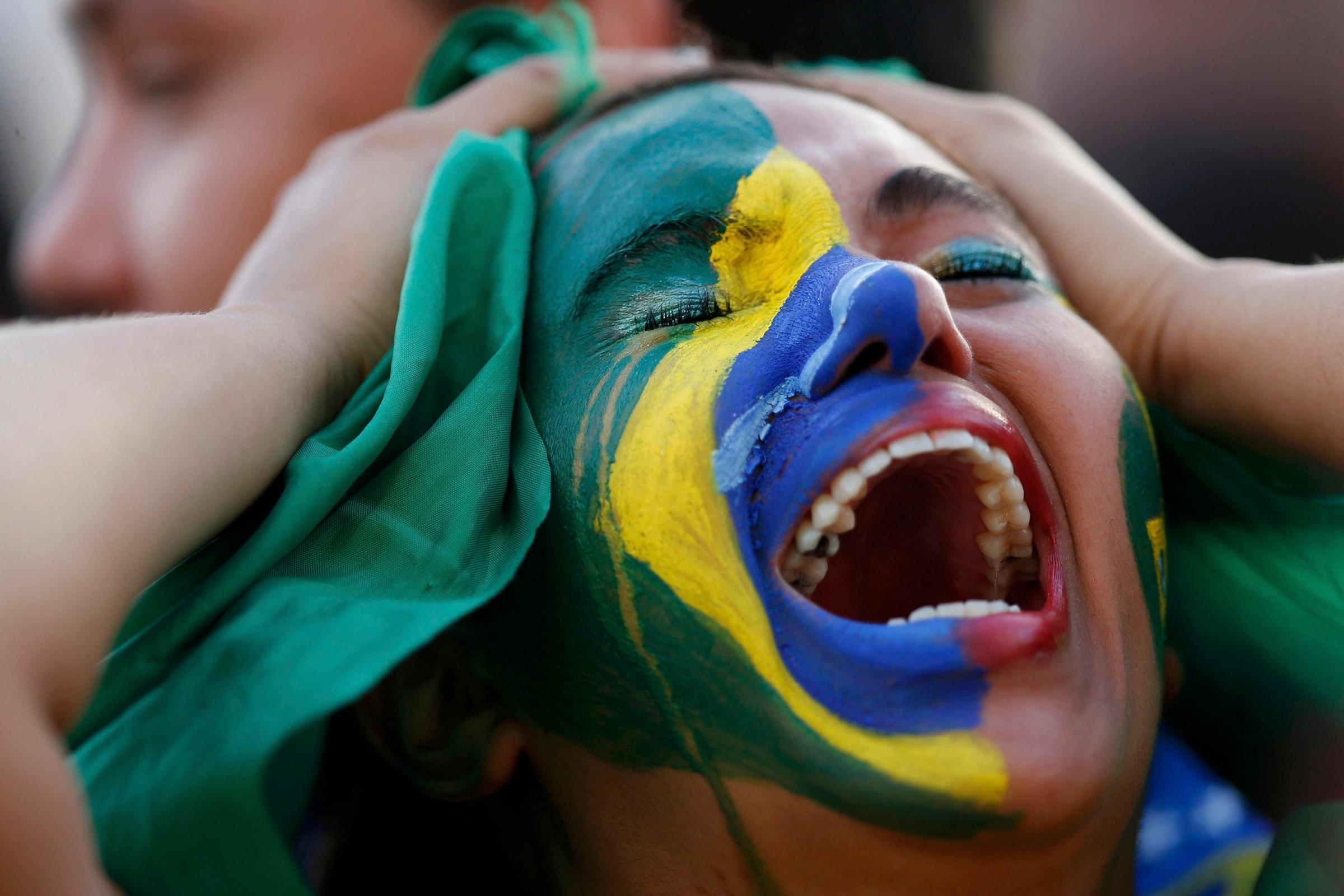
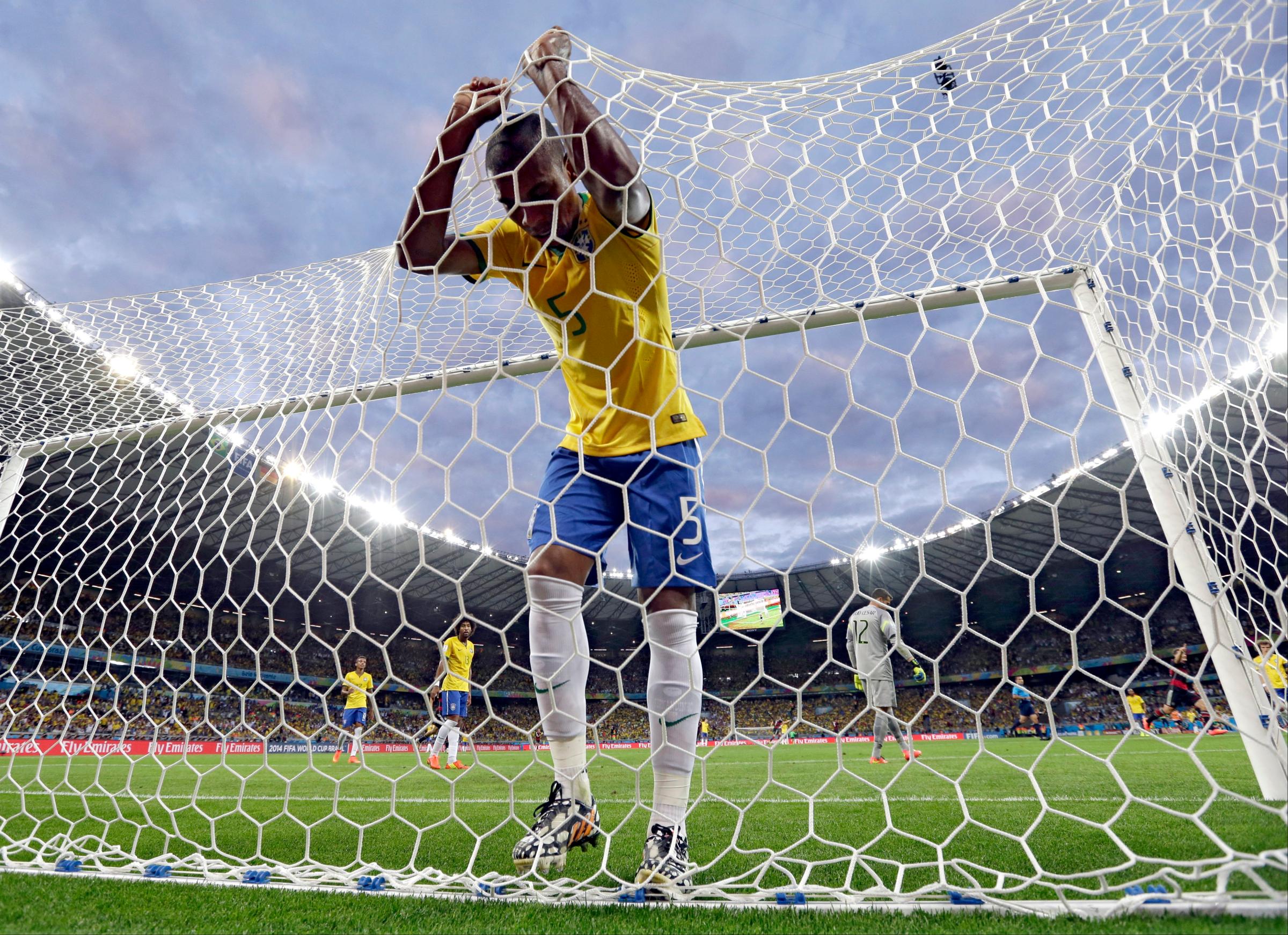
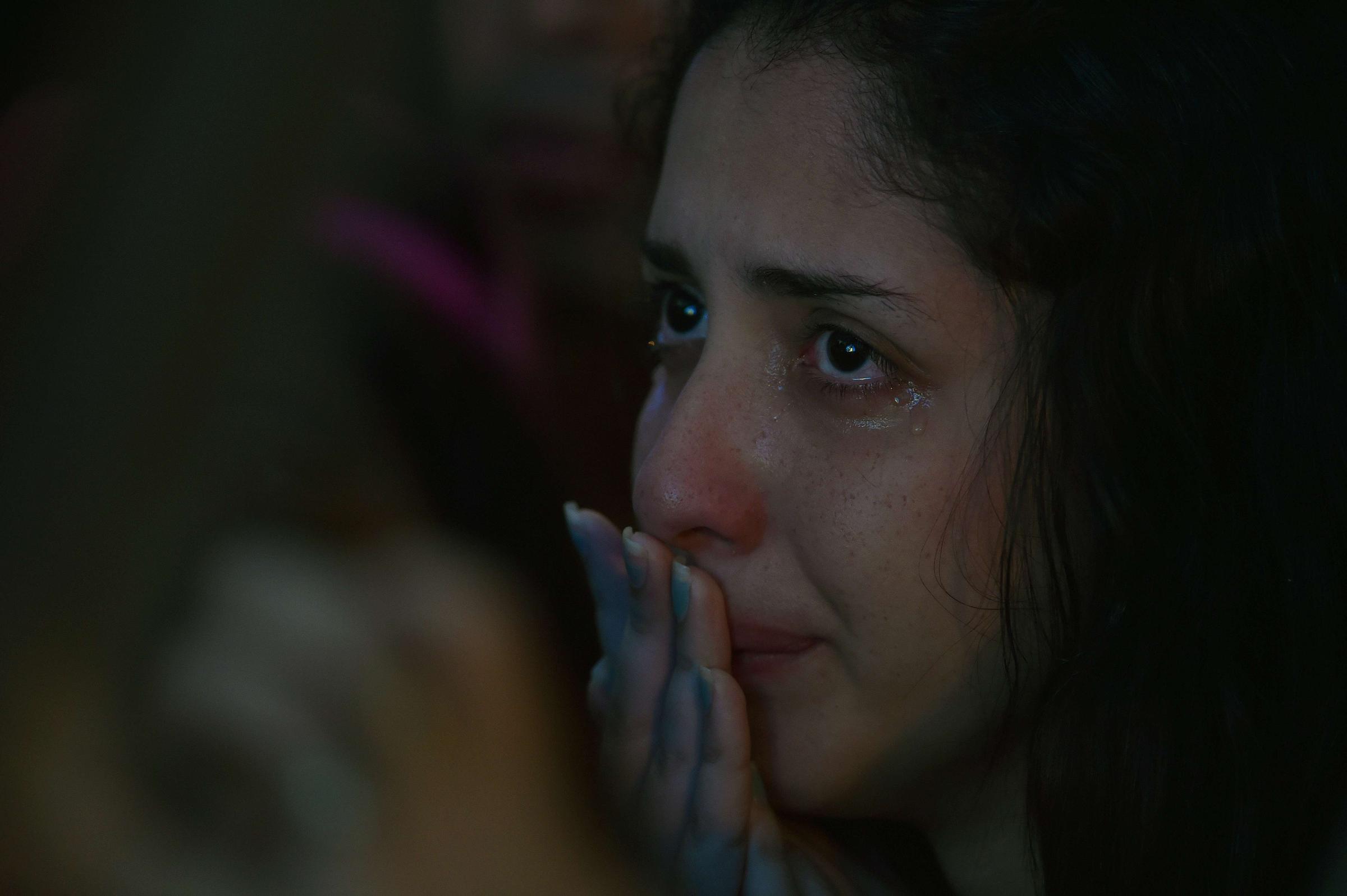
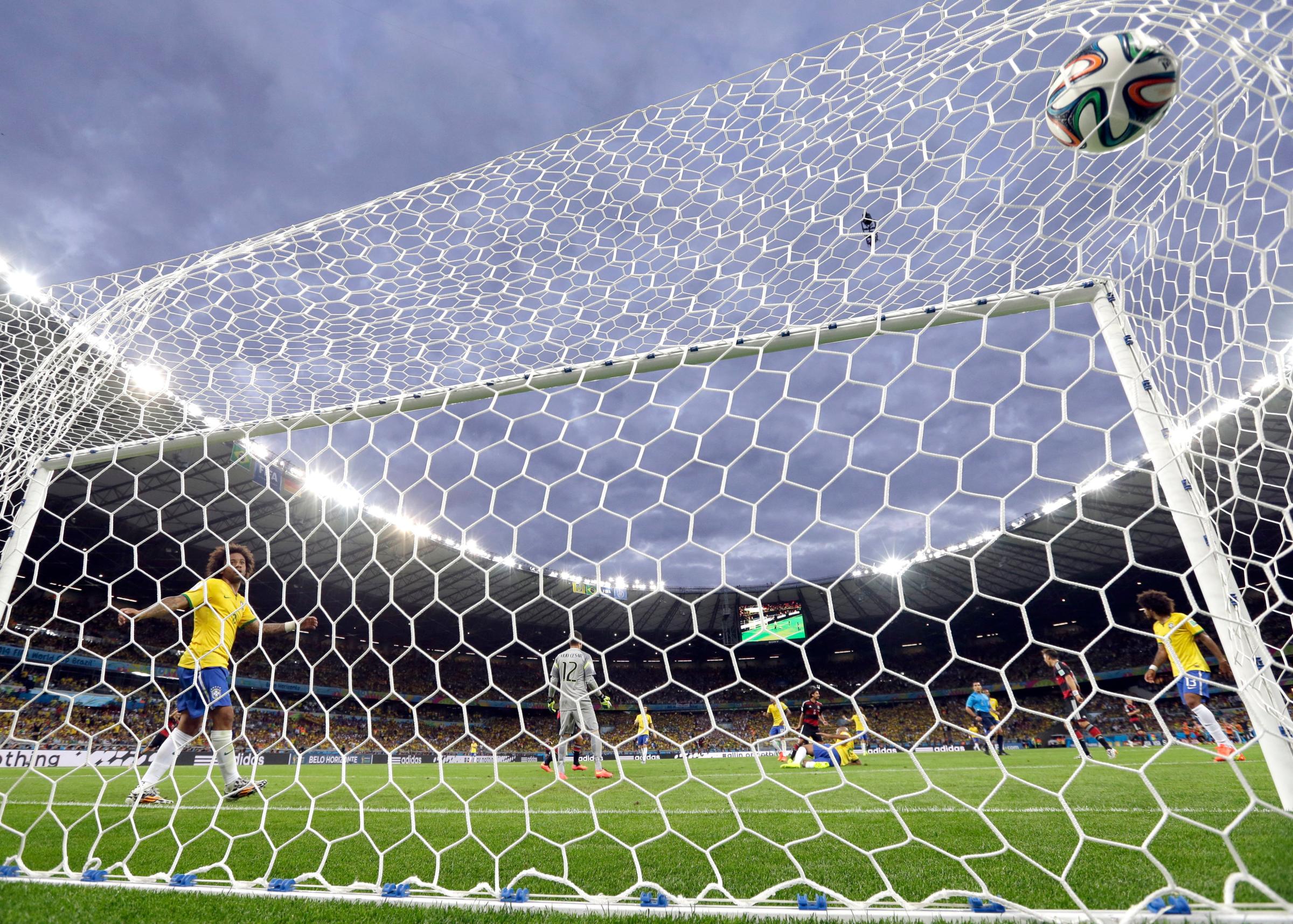
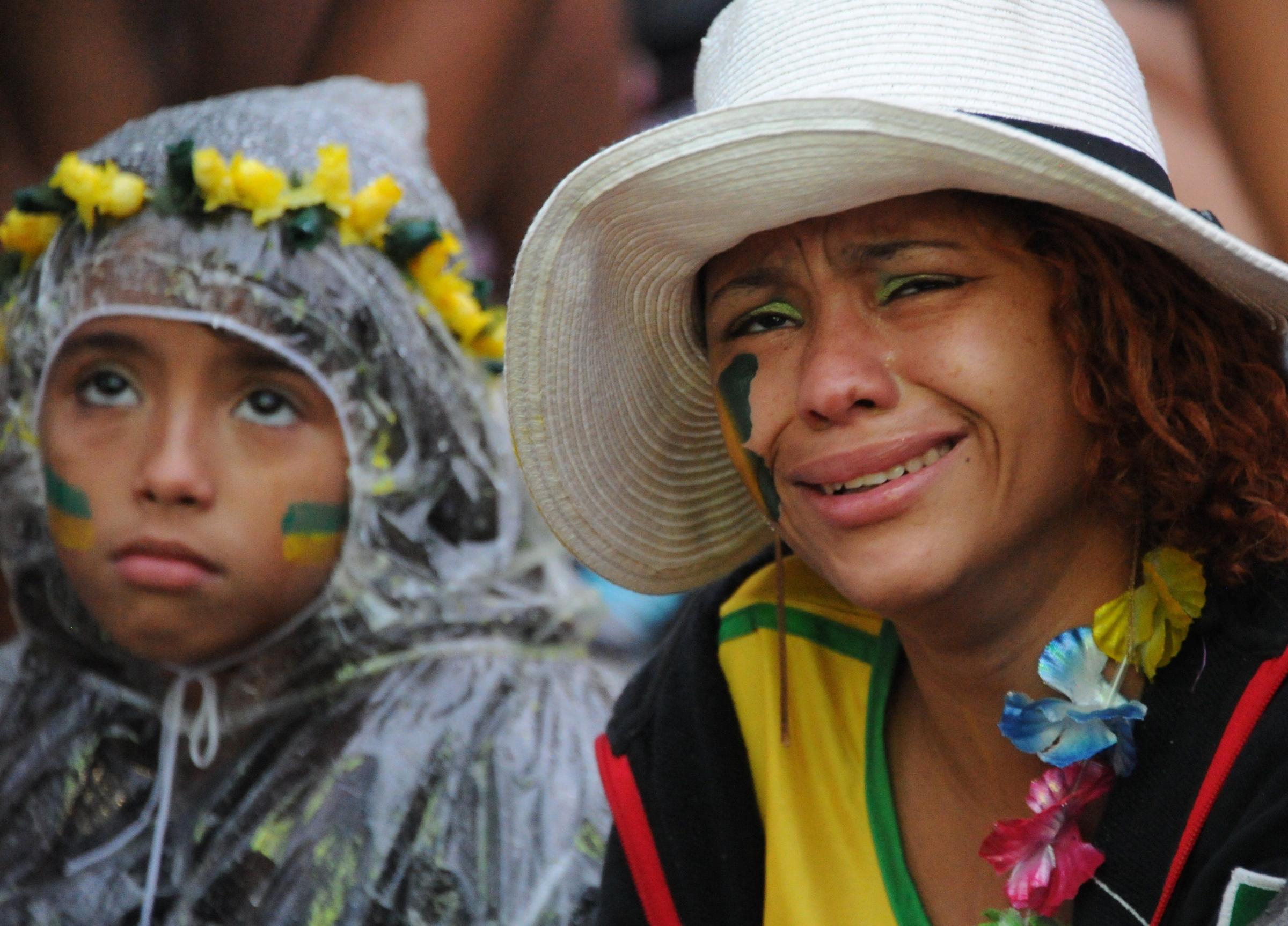
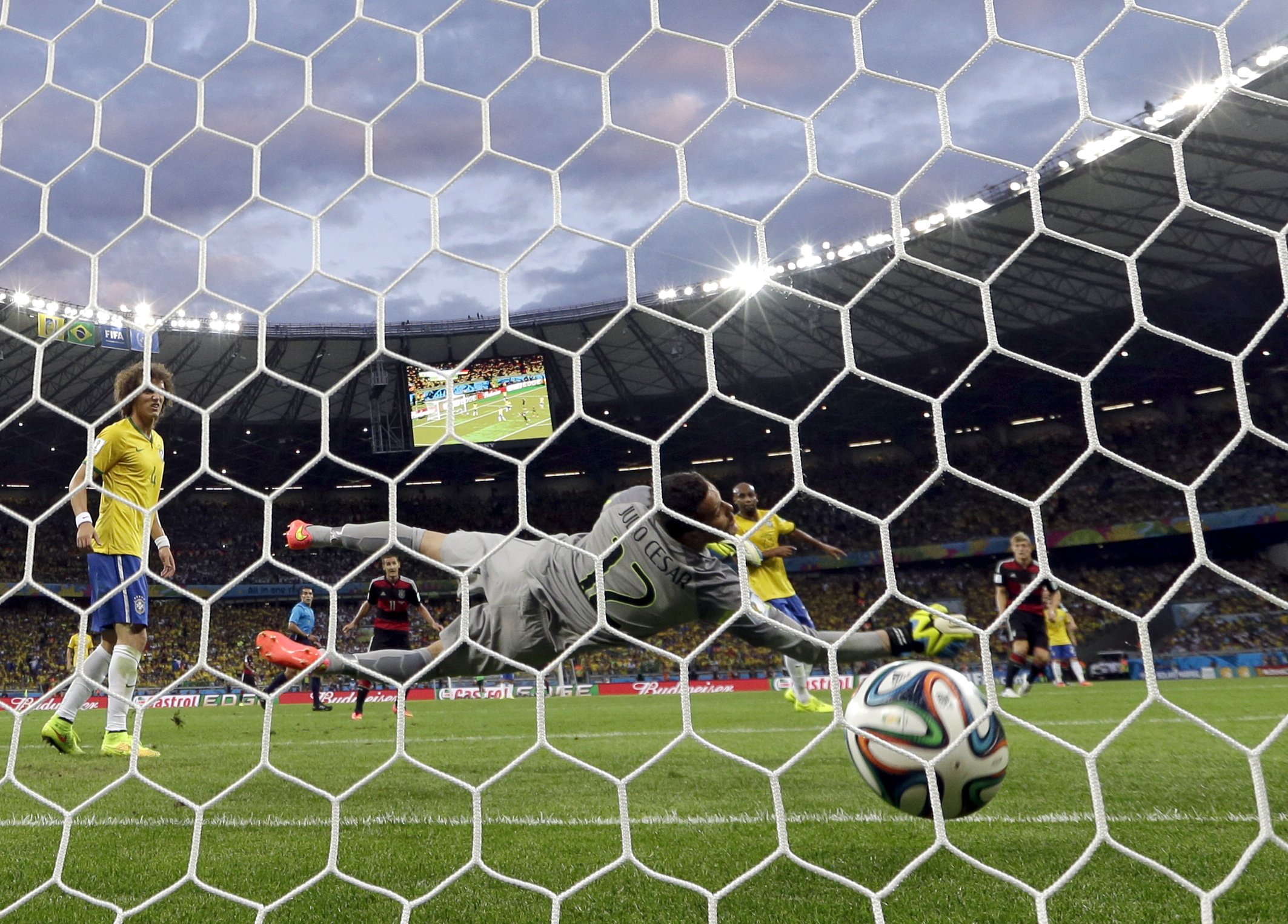
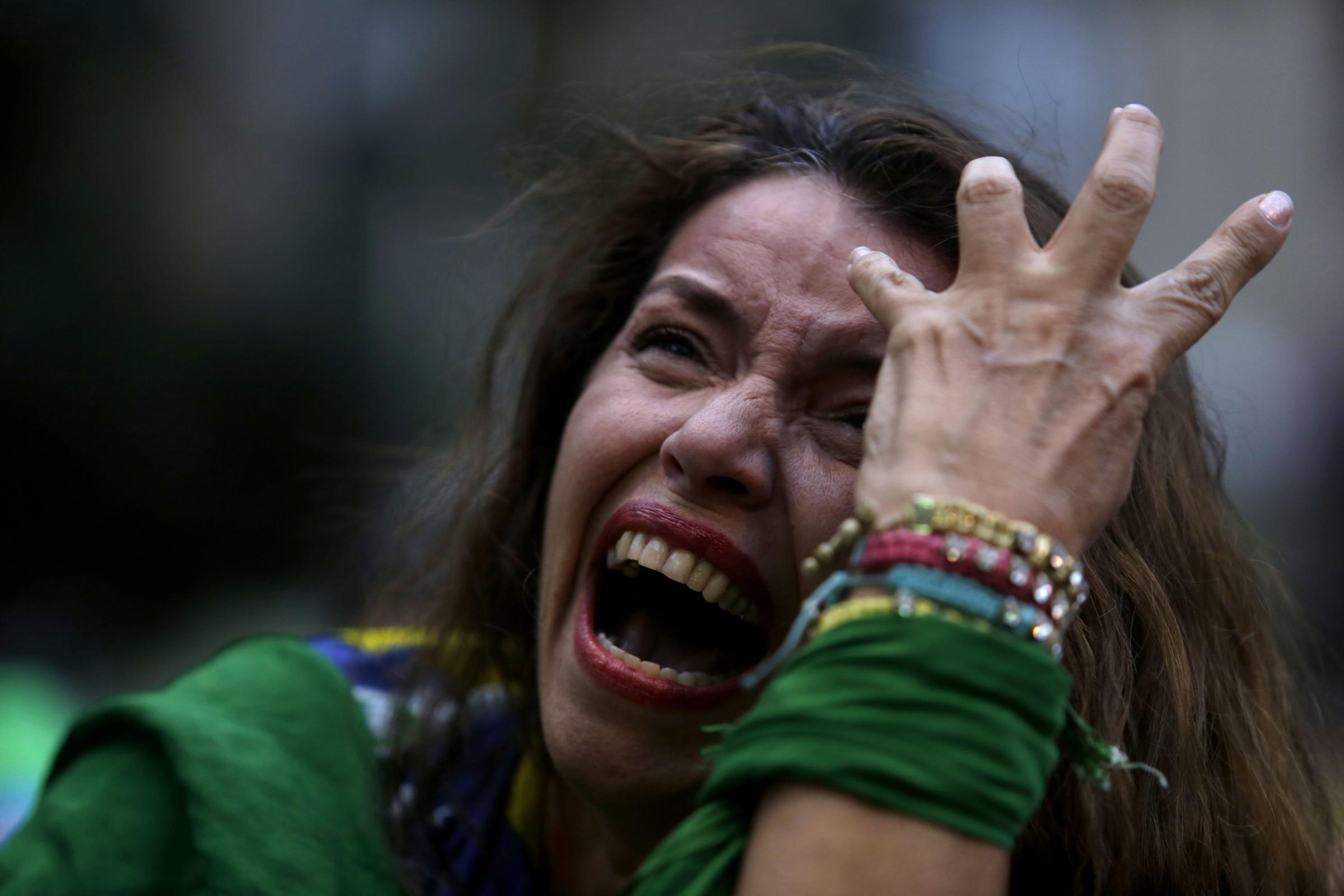
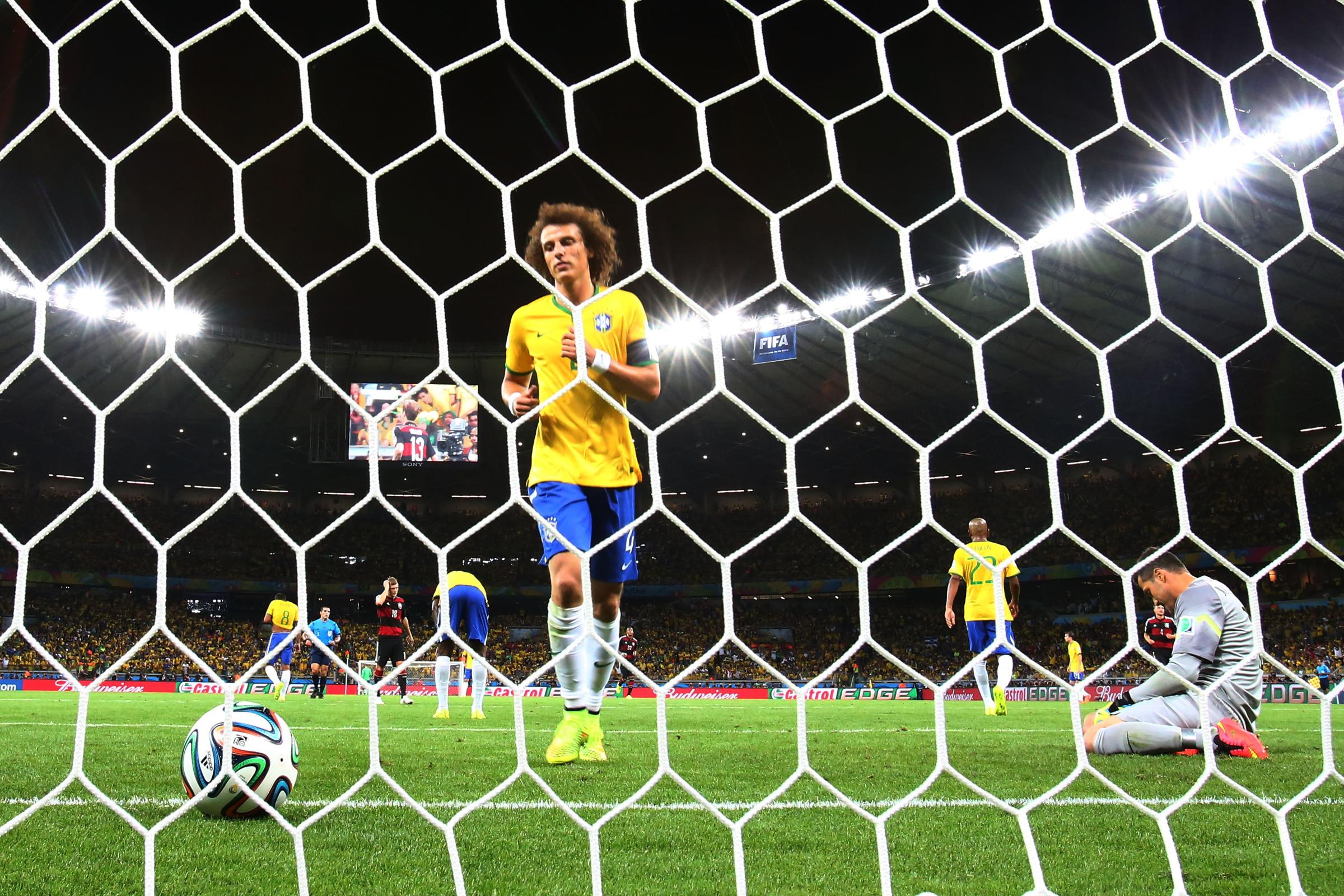
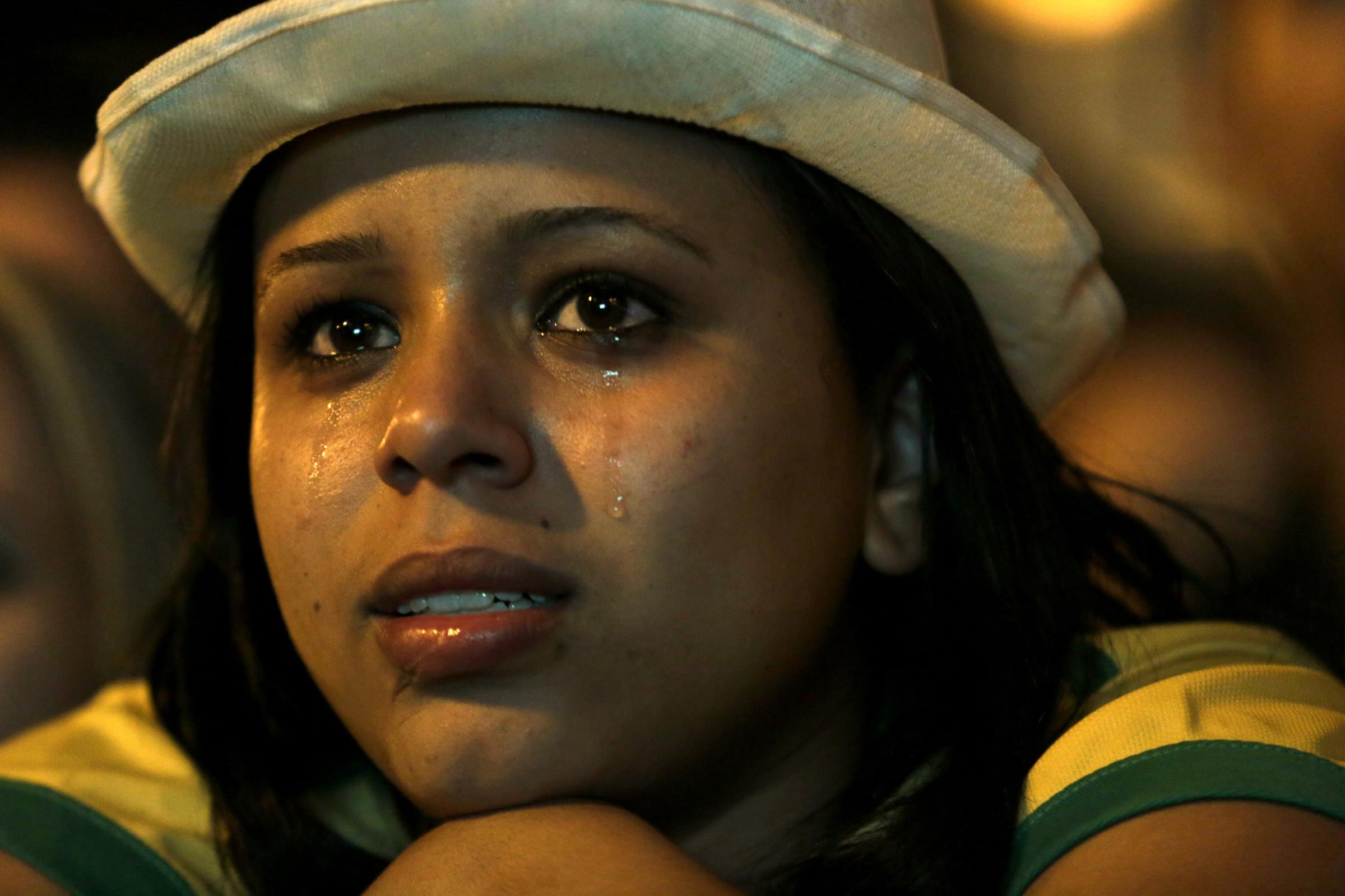
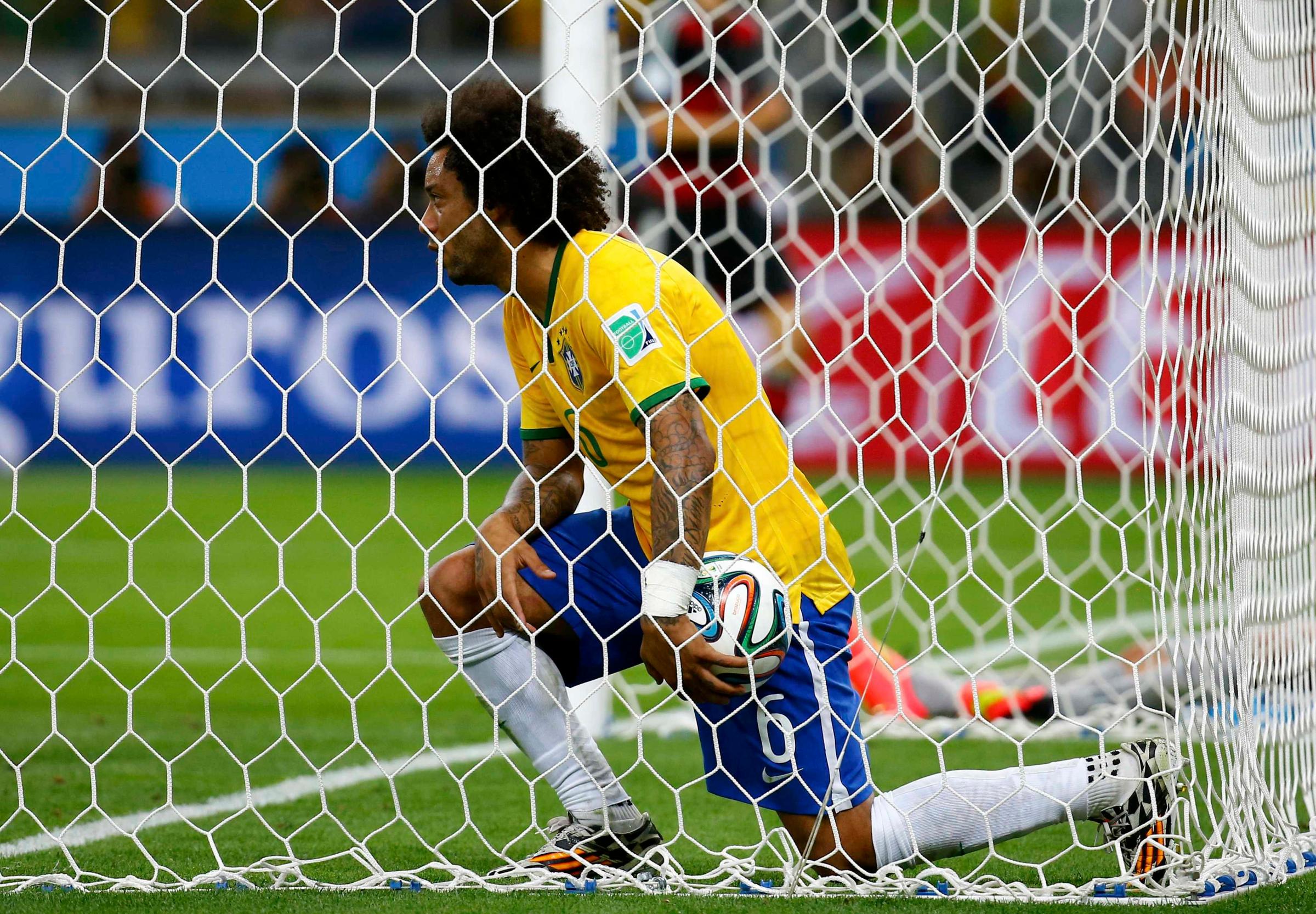
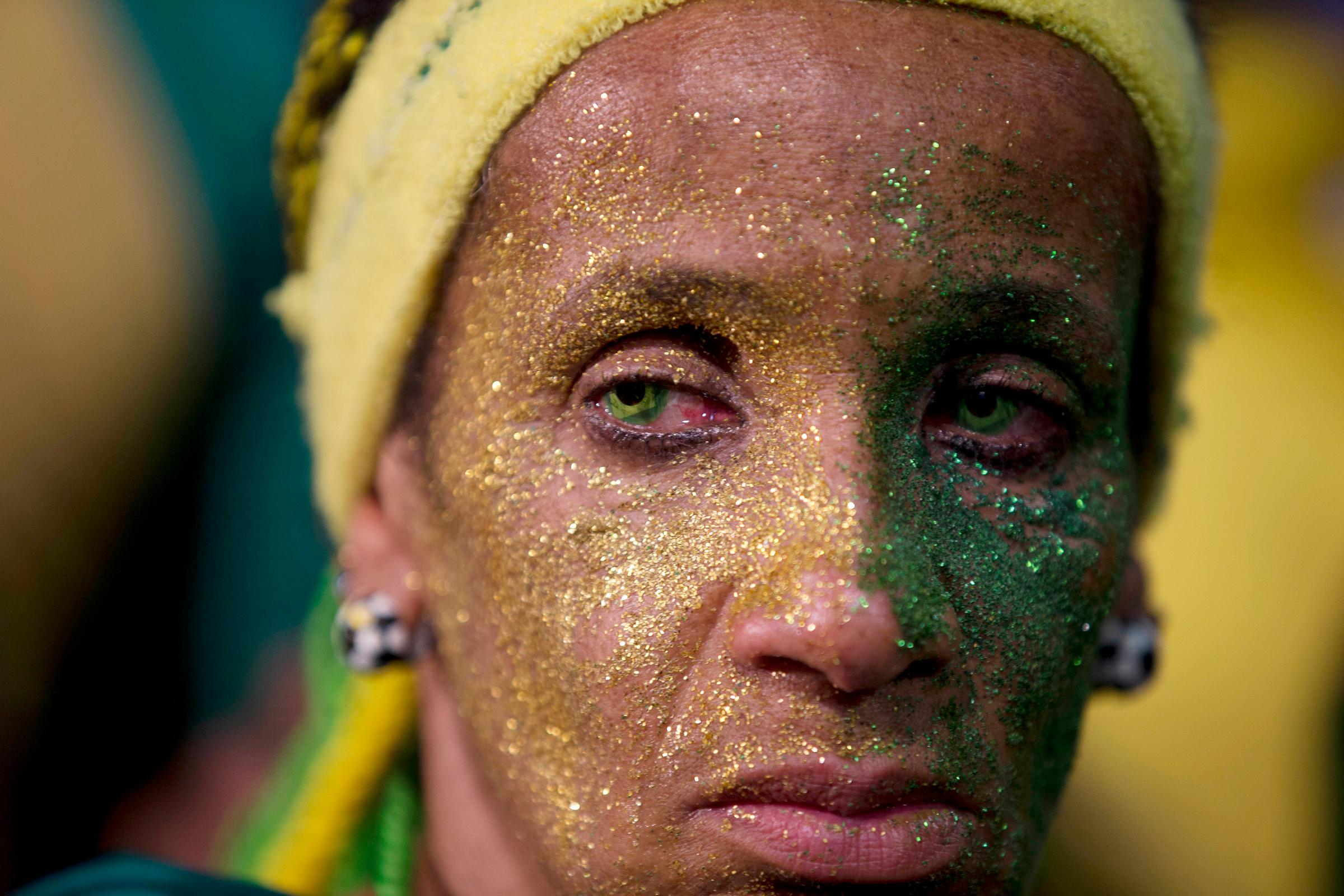
More Must-Reads from TIME
- Donald Trump Is TIME's 2024 Person of the Year
- Why We Chose Trump as Person of the Year
- Is Intermittent Fasting Good or Bad for You?
- The 100 Must-Read Books of 2024
- The 20 Best Christmas TV Episodes
- Column: If Optimism Feels Ridiculous Now, Try Hope
- The Future of Climate Action Is Trade Policy
- Merle Bombardieri Is Helping People Make the Baby Decision
Contact us at letters@time.com